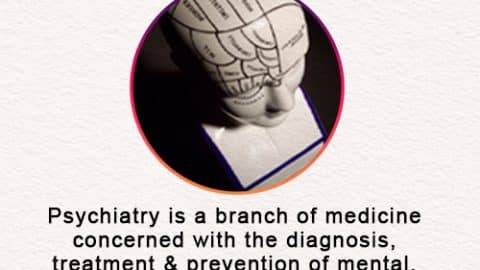News: New study published in The American Journal of Clinical Nutrition challenges the “energy balance model,” which says that people gain weight because they eat more. Authors of the study argue for the “carbohydrate-insulin model,” which explains obesity as a metabolic disorder caused by what we eat, rather than how much.
The prevalence of obesity is growing by leaps and bounds across the world. According to Statistics from the Centers for Disease Control and Prevention (CDC), obesity affects more than 40% of American adults and they are at higher risk for stroke, heart disease, type 2 diabetes, and certain types of cancer.
The USDA’s Dietary Guidelines for Americans 2020 — 2025 emphasise losing weight by taking low calorie food and beverages and engaging more in physical activity. However, this approach is based on an energy balance model. This model has failed to prevent the rising rates of obesity and obesity-related diseases.
Author’s of the new study argue that the energy balance model doesn’t explain the biological causes of weight gain. But, the carbohydrate-insulin model makes a bold claim: overeating isn’t the main cause of obesity. This model blames the current obesity epidemic on modern dietary patterns. The growing rates of obesity is due, in part, to hormonal responses to changes in food quality. People are consuming more high-glycemic rich foods, which fundamentally change metabolism, driving fat storage, weight gain, and obesity.
Researchers say that the carbohydrate-insulin model over the energy-balance model has radical implications for weight management and obesity treatment. Rather than urge people to eat less, it would be a better strategy to focus more on what we eat. According to lead author Dr. David Ludwig, “reducing consumption of the rapidly digestible carbohydrates that flooded the food supply during the low-fat diet era lessens the underlying drive to store body fat. As a result, people may lose weight with less hunger and struggle.”
There is a need for further rigorous and unbiased research to conclusively test both models and, perhaps, to generate new models that better fit the evidence.
To Know More You May Refer To:
Ludwig, D. S., Aronne, L. J., Astrup, A., De Cabo, R., Cantley, L. C., Friedman, M. I., Heymsfield, S. B., Johnson, J. D., King, J. C., Krauss, R. M., Lieberman, D. E., Taubes, G., Volek, J. S., Westman, E. C., Willett, W. C., Yancy, W. S., & Ebbeling, C. B. (2021). The carbohydrate-insulin model: A physiological perspective on the obesity pandemic. The American Journal of Clinical Nutrition. https://doi.org/10.1093/ajcn/nqab270





























Leave a Reply
You must be logged in to post a comment.